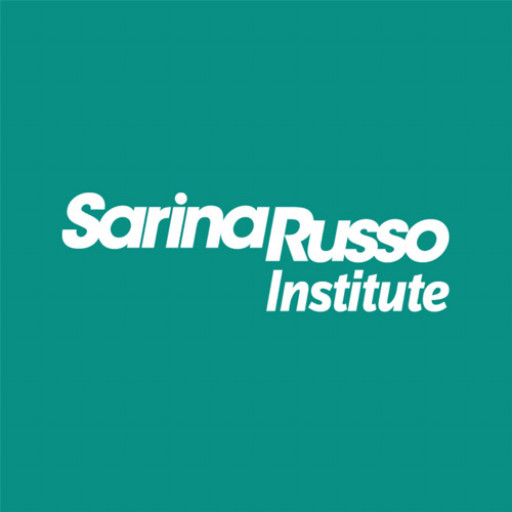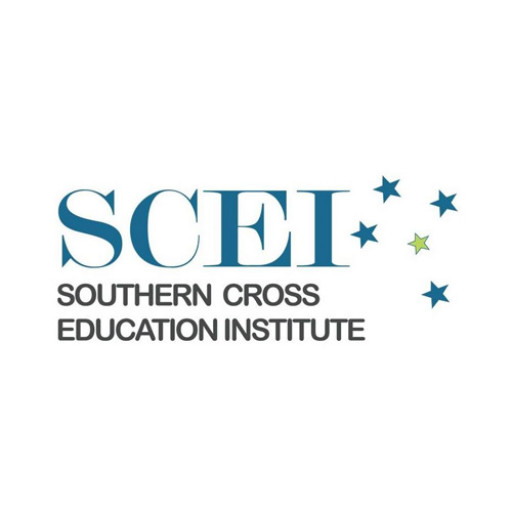Community Services degree programs provide students with the essential knowledge, skills, and practical experience required to make a positive impact in diverse community settings. These programs are designed to prepare graduates for careers in areas such as social work, youth work, community development, local government, and non-profit organizations. Throughout the course of study, students explore topics including social policy, ethics, mental health, child and family welfare, disability support, and intercultural competence. The curriculum emphasizes both theoretical understanding and practical application, often incorporating supervised placements or internships within community organizations to develop real-world skills and professional networks. Coursework is structured to foster critical thinking, effective communication, cultural sensitivity, and problem-solving abilities necessary for addressing complex social issues. Students also learn about the legal frameworks and ethical considerations relevant to community work, ensuring they are equipped to act responsibly and ethically in their professional roles. Degree programs typically include modules that focus on community engagement strategies, project management, and advocacy, empowering students to initiate and lead meaningful change initiatives. Graduates of Community Services programs are well-positioned to pursue employment opportunities that support vulnerable populations, promote social inclusion, and enhance the wellbeing of communities. They are also prepared to undertake further study in related fields such as social work, counseling, or public administration. Institutions offering these degrees often emphasize a learner-centered approach, combining academic learning with practical experiences to ensure graduates are workplace-ready and confident in their ability to contribute effectively to community development and social justice efforts.
Community Services programs provide students with essential knowledge and practical skills to support individuals, families, and communities facing diverse social challenges. This comprehensive course prepares graduates to work effectively in various social service settings, including community organizations, government agencies, and non-profit entities. Through a combination of theoretical understanding and hands-on experience, students learn about social policies, cultural competency, ethics, and case management. The curriculum covers topics such as mental health support, homelessness intervention, child and family welfare, elder care, disability services, and drug and alcohol rehabilitation. Emphasizing a person-centered approach, the program equips students with the ability to advocate for vulnerable populations and promote social inclusion and equity. Students also develop critical communication skills, ethical decision-making, and teamwork abilities essential for effective service delivery. Practical placements integrate real-world experience, allowing students to apply their knowledge in community settings under supervision, fostering confidence and professional readiness. The program is designed to respond to the evolving needs of society by incorporating contemporary issues such as digital exclusion, Indigenous community engagement, and trauma-informed care. Graduates of the Community Services program are prepared to pursue diverse career paths, including social worker, community support worker, youth worker, crisis support worker, and program coordinator. They play a vital role in assisting individuals and groups to improve their quality of life and achieve their potential, contributing positively to the social fabric of their communities. With a focus on ethical practice, cultural sensitivity, and continuous learning, this program aims to develop compassionate, competent professionals committed to making a meaningful difference in people's lives.
Program requirements for Community Services at the Institute of Tertiary and Higher Education Australia typically include a combination of core units, elective units, and practical components designed to equip students with essential skills and knowledge in the field of community services. Applicants are generally expected to hold a high school diploma or equivalent qualification. Admission may also consider relevant work experience or prior learning in related fields. Prospective students need to demonstrate a good command of English, often through standardized tests such as IELTS or TOEFL, meeting the minimum score requirements specified by the institute.
The program curriculum covers foundational topics such as Introduction to Community Services, Ethics and Legislation, Working with Diverse Populations, and Communication Skills. In addition, students are required to undertake a series of practical placements within community organizations, which provide real-world experience and an opportunity to develop professional competencies. These placements are typically supervised by qualified practitioners and form an integral part of the assessment process.
Academic progression involves completing a set number of units, including both theoretical modules and practical workshops. Students are expected to maintain satisfactory academic performance throughout the course, which may include continuous assessment, written assignments, exams, and project work. Throughout their studies, students are also encouraged to participate in seminars, community engagement activities, and industry events to enhance their understanding of current issues and best practices in community services.
The program may require students to undertake a capstone project or final assessment that demonstrates their ability to integrate knowledge and skills acquired during their studies. Graduates of this program are prepared to pursue employment in various roles such as community support worker, case manager, youth worker, or counselor, or to continue their education through advanced studies. Eligibility for registration or accreditation with relevant professional bodies depends on fulfilling specific requirements, including successful completion of all program components, demonstration of practical competencies, and adherence to ethical standards established by industry regulators.
The financing studies of the Community Services program are designed to provide students with comprehensive financial support options, ensuring accessibility and affordability throughout their educational journey. Funding avenues typically include government subsidies, scholarships, student loans, and institutional financial aid. In Australia, domestic students enrolled in community services programs can access government-funded schemes such as the Commonwealth Supported Place (CSP), which significantly reduces tuition costs through government contributions. Additionally, the Higher Education Loan Program (HELP) allows eligible students to defer their tuition fee payments, repaying them through the tax system once their income reaches a specified threshold.
Many universities also offer merit-based or need-based scholarships that can cover partial or full tuition fees, along with accommodation grants and living allowances. Students are encouraged to explore external funding options as well, including industry sponsorships and charitable grants aimed at supporting students pursuing careers in community and social services. Institutional financial aid offices provide personalized counseling to help students navigate available options, complete application processes, and maximize funding opportunities.
Part-time work during studies is also a common method of financing, with many students balancing employment with their coursework. Colleges often have partnerships with local community organizations and businesses, facilitating internship opportunities that can provide stipends or paid placements. Moreover, some programs have specific financial assistance for students from disadvantaged backgrounds to promote inclusivity in the community services sector. Overall, the combination of government support, institutional aid, external funding, and employment opportunities creates a diversified financial framework designed to support students financially throughout the duration of the Community Services program.
The Community Services program offered by the Institute of Tertiary and Higher Education Australia is designed to equip students with the essential skills and knowledge required to make a meaningful impact in various social service sectors. This program emphasizes practical training combined with theoretical understanding, preparing graduates to work effectively with diverse populations including children, the elderly, people with disabilities, and marginalized communities. Students enrolled in this program learn about social policies, ethics, and the legal frameworks governing community work, ensuring they are well-versed in the responsibilities and ethical considerations involved in community engagement and support.
The curriculum typically covers core subjects such as introductory community services, mental health awareness, case management, counselling techniques, and cultural competency. Emphasis is placed on developing strong interpersonal and communication skills, critical thinking, and problem-solving abilities that are essential for working in dynamic and often challenging environments. The program also encourages students to undertake practical placements or internships in community organizations, providing real-world experience and fostering professional networks. These placements enable students to apply their knowledge, develop workplace skills, and understand the operational aspects of community service organizations.
Graduates of this program are prepared for a variety of roles within the community services sector, including support workers, case managers, youth workers, and community development officers. Many successful alumni find employment in government agencies, non-profit organizations, healthcare facilities, and educational institutions. The program is continually updated to reflect current industry standards and emerging issues in community work, ensuring that graduates are job-ready and capable of addressing contemporary social challenges.
The Community Services program also offers pathways for further studies, including advanced diplomas and bachelor’s degrees in related fields such as social work or human services. The institution prides itself on providing a supportive learning environment, with experienced faculty members dedicated to mentoring students throughout their educational journey. Overall, this program aims to foster compassionate, competent, and culturally aware professionals committed to improving community well-being and social justice.








